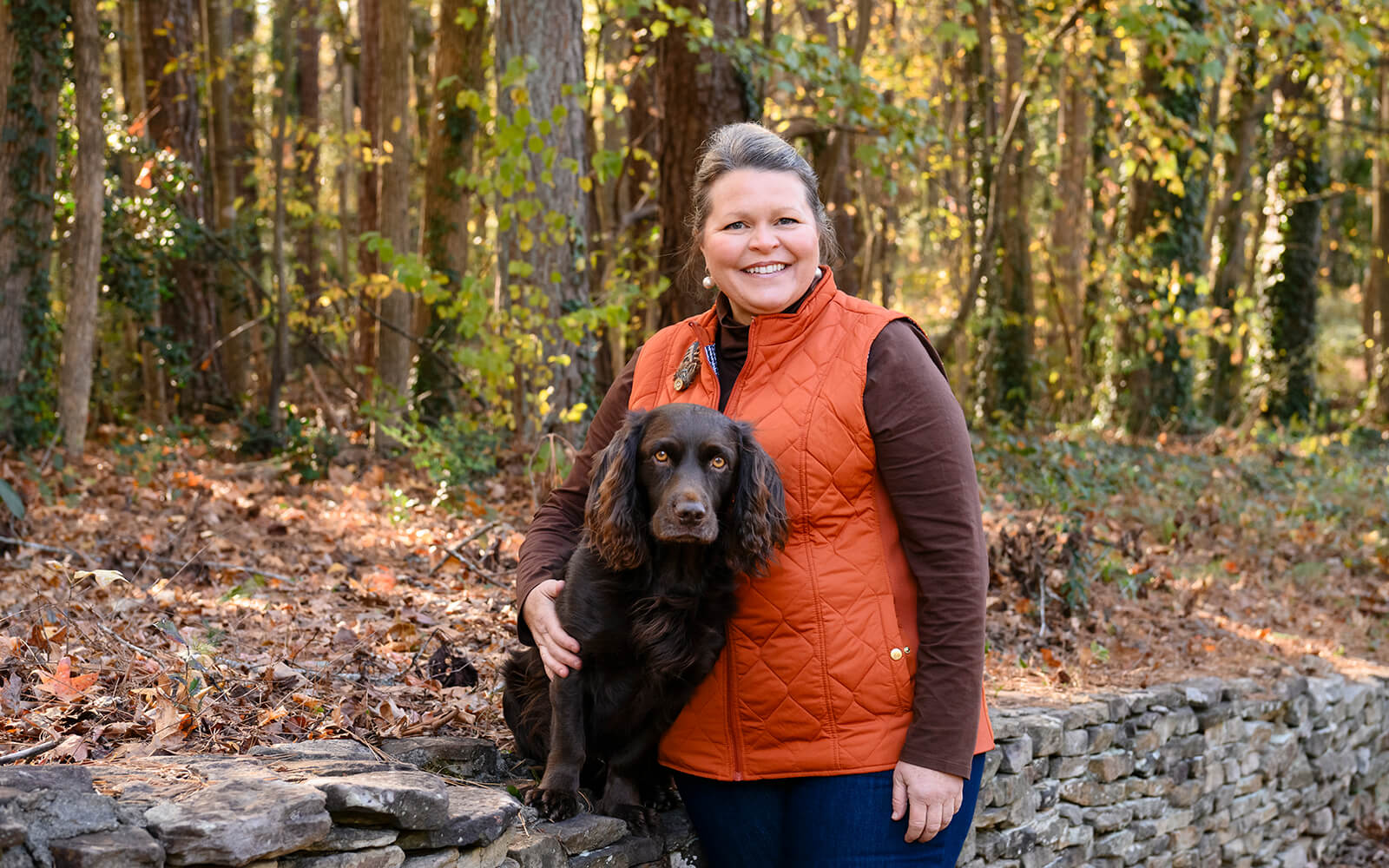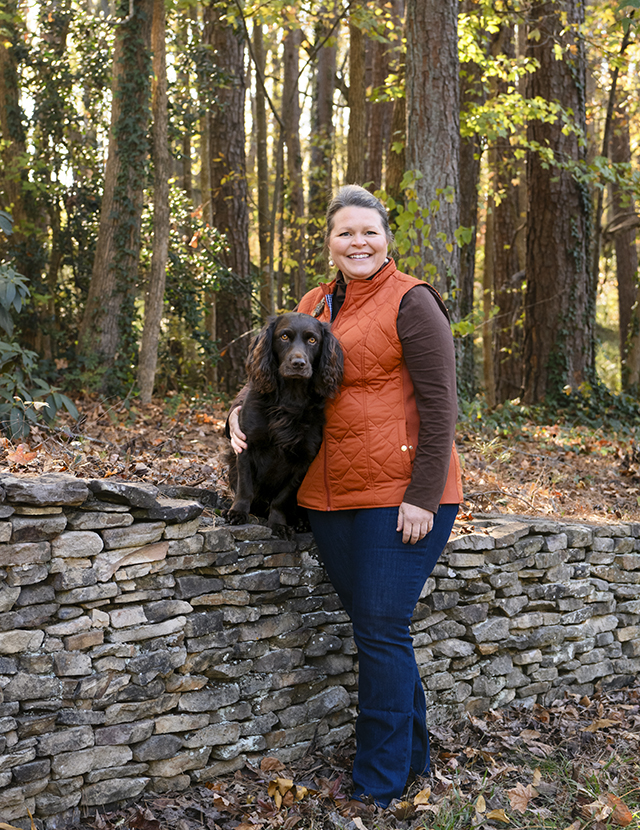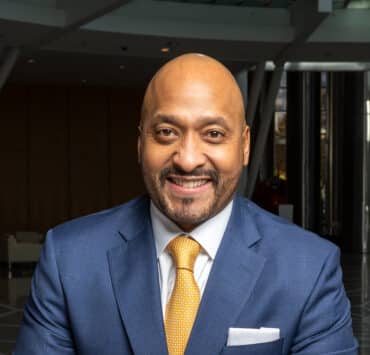|
Getting your Trinity Audio player ready...
|
For much of her early life, Beth Crocker dreamed of becoming a veterinarian and graduated from Clemson University with a degree in animal science.
While pursuing her degree, Crocker developed a new interest in agriculture. Rather than going to vet school right away, she spent a year working various farm jobs. After those around her suggested she go to law school, she did some research and learned about a unique niche.
“I found there was a specialization in agricultural law, and that aligned with my new passion,” she recalls. She earned her law degree at Drake University in Iowa, a prominent agricultural state, followed by a master’s in agricultural law from the University of Arkansas. She says these educational experiences “set me on my new career path.”
She returned to South Carolina, working in agricultural law for the state’s Department of Agriculture for about a decade. Then her undergraduate alma mater came calling.
“Clemson had some interaction with me because they also have some agriculture regulatory responsibilities for the state,” Crocker explains. “They invited me to submit an application for a position they had.”
She got the job and has spent the better part of the last twelve years working as senior associate general counsel for Clemson University. The university owns more than 30,000 acres of land, including experimental forests and research farms. Crocker plays a crucial role in assessing land management tools and exploring opportunities for land use, recreation, teaching, and research as well as for forest conservation and sustainable forestry practices.
“Every day, I have a couple meetings scheduled. I like to talk about things before they are a problem. Or if people are concerned about a pending issue, that’s the ‘counsel’ part of my title,” Crocker shares. “But I may also be talking about the specifics of negotiating agreements or going over red line changes. It’s a lot of contract work, which means I’m reading a lot and asking clients questions about what they are trying to achieve or evaluating risk. I also spend time interpreting statutes and drafting or updating regulations for our regulatory arm, which oversee various aspects of livestock and crop production agriculture in South Carolina.”
“You can’t foresee the future, but you’re trying to do the best job you can to help the people today and those coming after you.”
Her initiatives align with Clemson’s “forever business” philosophy, promoting ethical land management to ensure benefits for future generations. “We work for an institution that will outlive us, the current administration and students, so that’s what we mean by the ‘forever business’ and being guardians of the institution Clemson University,” Crocker says. “You can’t foresee the future, but you’re trying to do the best job you can to help the people today and those coming after you.”
Crocker is one of seven attorneys on the Clemson internal team, each with their own specialty, and she likes the diversity that that provides for clients. But the team also calls on external attorneys in a variety of subject matter areas.
“Clemson leadership has a strong interest in the sustainability and good stewardship practices of the Clemson experimental forest and other University lands, so I am trying to learn as much as I can about cutting-edge land management tools, timber harvest contract terms, conservation easements, carbon credits, solar options, and wetlands mitigation,” Crocker notes. “I’m doing my own research but also engaging outside counsel that specializes in those areas so we can help get the client the most up-to-date information on the initiatives they are interested in.”
Her role extends beyond agriculture at Clemson and regularly includes business contract negotiations. When Clemson recently initiated a multimillion-dollar state procurement process for a new ERP system selection, Crocker carefully balanced compliance and legal oversight, assessing global vendors for their alignment with the university’s core values and responsible AI practices. Her approach went beyond mere technical compatibility; she prioritized identifying vendors with the highest integrity to foster a long-term working relationship between the parties.
“The state procurement office has a variety of tools and services we (state agencies) have access to, because these types of contracts for products and services can be difficult to negotiate sometimes,” she explains. “Outside counsel often has the manpower and technical expertise to help,” but procurements, such as selecting an ERP system, are complex and filled with risk analysis and business considerations unique to Clemson that factor into negotiations.
“I need to explain the culture at Clemson and where our pressure points are. Price is important, but also timely and innovative service to help Clemson best manage its diverse operations.”
When not in the office, Crocker stays connected to her original love: animals. She has competed in the prestigious Westminster Dog Show with her Boykin spaniels, the South Carolina state dog. She currently has six Boykin spaniels among her eight pets.
“It is a little brown dog created by South Carolinians to be hunting and family companion dogs,” she explains. “You can train them to do anything—to hunt deer, turkey, birds, or obedience, agility, dock diving, and so much more. I have been blessed to be invited to Westminster the last five years based on qualifying points throughout the year.” She goes to an average of two competitions a month (either show or field events) and trains her dogs throughout the week. “It is my favorite hobby and a great break from work,” Crocker says.
Crocker is also looking forward to Clemson’s upcoming vet school. She’ll do her part to help the program get up and running for its expected first class in fall 2026.
“In the year ahead, I’ll also continue to support my ag guys with their goals of helping farmers in South Carolina to be as productive as they can be,” she enthuses. “Agriculture is the number one industry in the state, and we’re proud to play a role in educating, conducting research, and providing regulatory services for those farmers.”




